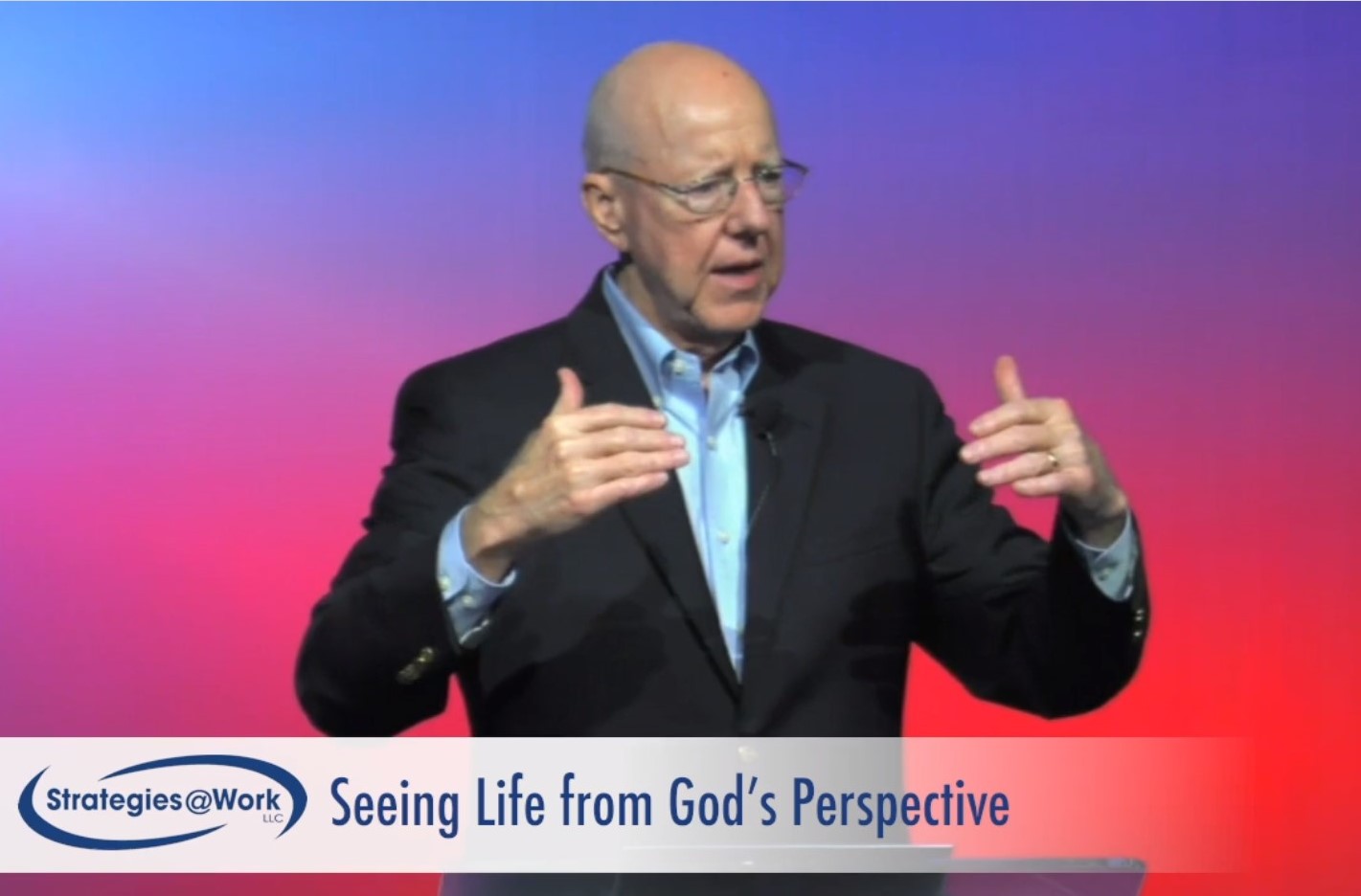 |
||||||
October 1, 2019 |
||||||
Gleanings |
||||||
The Default State of Mankind |
||||||
by Gerald R. Chester, Ph.D. |
||||||
| A recent video captured a conversation between a young girl (about the age of a toddler) and her father.1 She had smeared lipstick on herself and looked as one might expect of a young girl. The father inquired if she had asked anyone for permission to do this. She promptly responded that she had asked herself. In doing so, she reflected the pedestrian virtue of autonomy—the supreme value of humanism. Humanism is not new. It began with the original sin by Adam and Eve in the garden of Eden. Their sin was seeking to live independent of God. Since their failure to obey the one law that God gave them, sin has infected humanity by virtue of the principle of reproduction after kind. An example of how the proclivity to autonomy affected even the people of God during the Old Testament era can be seen in the following:
Indeed, sin is ubiquitous in humanity. Since Adam and Eve, humans have displayed the innate default to sin. People readily recognize sins such as murder and theft, but there are also other more subtle manifestations such as the sin of greed. Consider, for example, the preoccupation of the financial industry with promoting the American Dream. While saving for the future is not sin, the motive to do so may be rooted in sin. The widely lauded American Dream can be expressed as working as hard as you can to make as much money as fast as you can so that you can stop working (retire) as soon as you can and do what you want to do without having to ask permission. This is one way autonomy is celebrated and more subtly manifested today. This humanistic desire to live autonomously—independent of God—is systemic in humanity. Therefore, it is not surprising that autonomy manifests throughout history. The propensity for human autonomy was seen not only in the fall of mankind and in the book of Judges, as noted above, but it was also manifested in the Tower of Babel project.2 The Tower of Babel project occurred after the Noahic flood that God used to judge sin in the world.3 This cataclysmic event was tantamount to a divine reboot. God judged the sinful world by sending a flood that killed all humanity except eight people who were spared in the ark. After the flood, humanity resumed its efforts to multiply and master the material world in accordance with the divinely ordained commission of the Creation Mandate given in Genesis 1. At some point in time, a group of people rebelled and decided to function autonomously. They stopped and built a city with a tower to the heavens with the purpose of achieving autonomous self-glory.4 In the end, however, this attempt at self-glory did not go well. God had already demonstrated his willingness to judge rebellion when he sent the Noahic flood, and he would again execute judgment when he stopped the Tower of Babel project by confusing their ability to communicate.5 Consequently, the project was never completed. The judgment on the sponsors of the project was universal, meaning the whole world suffered the consequences.6 This suggests that the lessons from the project might include timeless universal principles (TUP). What TUP might one learn from the Tower of Babel? Consider the following:
Note that because God judged all humanity (the general judgment of God), the Tower of Babel was an example that illustrated the default condition of humanity: the proclivity to autonomy manifested in narcissistic self-glory. This default state continues today. Therefore, one could argue that virtually every organization is a Tower of Babel unless and until the facts reveal otherwise. Here are some examples:
Each of these pedestrian scenarios is an example of building a Tower of Babel. Because these illustrations are so common today, few notice this reality. Building any organization without regard to the default condition of mankind and, therefore, building based on man-centered motives will lead to building a modern-day version of the Tower of Babel. The end will be divine judgment. To build God-honoring organizations requires thinking "Beyond Babel." The motive must be to do God’s will according to God’s ways. This is in contrast to building Towers of Babel seeking to do man’s will using God’s ways. Since the fall of man, humanism has manifested in the pursuit of human autonomy. This is the default state of mankind. The intrinsic rebellious desire for independence from the Creator and the presumption of the right of human self-definition continues. Towers of Babel are normative in a fallen world. The only way to build Beyond Babel is through Jesus. Those who, by the grace of God, align with Jesus will be humble, submitted, and teachable before him. Any other lifestyle choice is only a Tower of Babel based on human autonomy. God has revealed that Towers of Babel will not stand. __________________________________________________ 1. https://www.fox32chicago.com/video/604053?fbclid=IwAR14Us6hPcWd5jmrUB855kDfKMab6c2l56IOzdLZwD4gmtXhpgbTwyElTLI. 2. Genesis 11:1–9. 3. Genesis 6:5–8. 4. Genesis 11:4. 5. Genesis 11:7–9. 6. Ibid. 7. Romans 1–3. 8. https://youtu.be/nDY8b68oLA0. 9. Proverbs 22:7. 10. Matthew 28:18–20. |
||||||
| Quick links | ||||||
Teaching: Introduction to Beyond Babel |
||||||
| Upcoming Training | ||||||
Online training |
||||||
Seminar: Right Thinking Produces Right Actions |
||||||
| Recent Trainings | ||||||
| Social Media | ||||||
| Gleanings | ||||||
| Other | ||||||
|
||||||








.png)